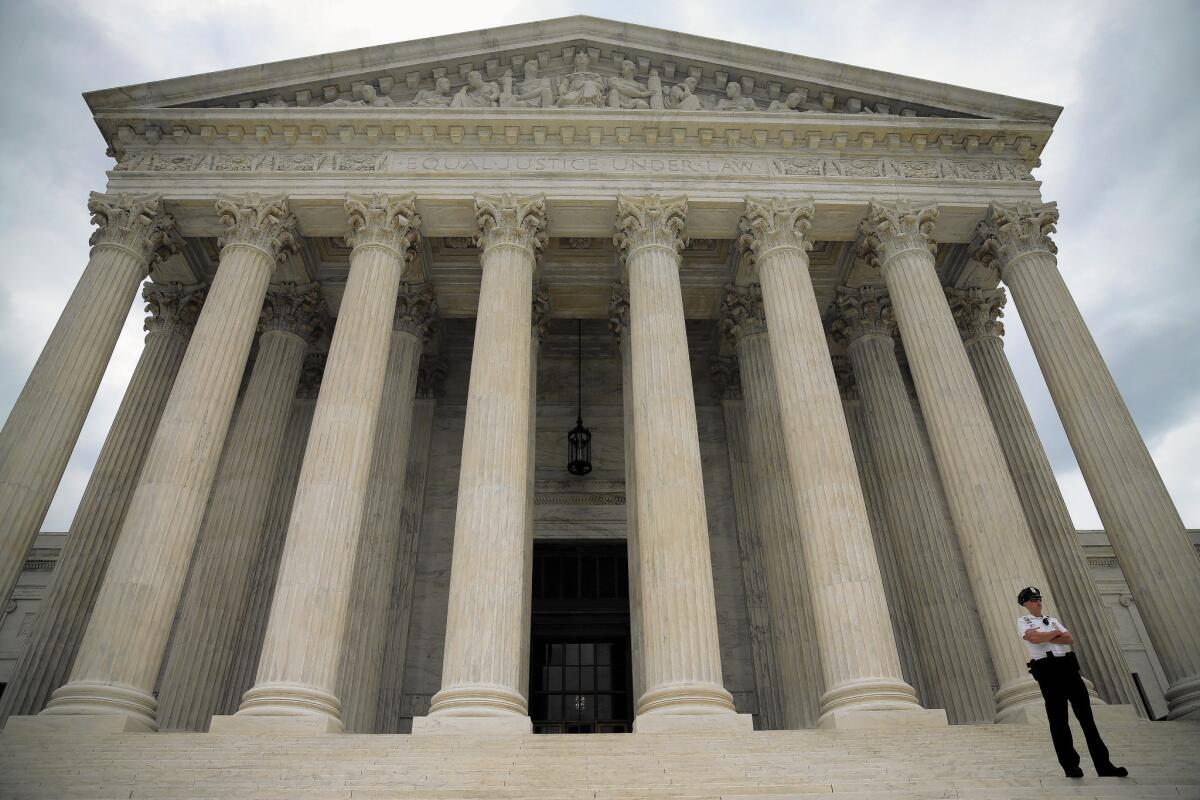Supreme Court to hear Edison 401(k) fee case

The U.S. Supreme Court will consider giving 401(k) participants more power to sue their plans over investments that impose excessive fees, accepting an appeal tied to a wave of suits against employers.
The appeal, filed by Edison International workers, contends that participants should be able to sue plans for retaining imprudent investments. A federal appeals court said a federal statute of limitations bars suits over investments added to a plan more than six years earlier.
The case comes to the Supreme Court amid intensified scrutiny of fees in retirement accounts, now the primary savings vehicle for old age. More than a dozen companies, including Lockheed Martin Corp. and ABB Ltd., have been sued since 2006. Americans held $6.6 trillion in 401(k)-type plans as of June 30, according to the Investment Company Institute.
The court agreed to take up the Edison case at the urging of the Obama administration, which told the justices that the lower court ruling “undermines the security and integrity” of billions of dollars in U.S. retirement funds.
Rosemead-based Edison called that argument unfounded, saying the case “does not suggest any such threat to the retirement funds of America’s workers.”
The lawsuit focuses on six mutual funds added to the Edison plan in 1999. The workers say the plan improperly bought retail-class shares, rather than identical institutional-class shares that carried lower fees. Some of the fees on the retail shares were then returned to Edison’s service provider, ultimately reducing the company’s administrative costs by $8 million, according to the workers.
Two lower courts said the workers could sue only over the three funds that were added to the plan within the six-year statute of limitations. The workers won $371,000 on those funds and say they are entitled to additional damages on the rest.
Federal law imposes a “continuing duty to provide only prudent investments in a plan regardless of when the investments were first selected,” the workers’ lawyer, Jerome Schlichter, argued in court papers.
The legal dispute turns on the Employee Retirement Income Security Act, which gives workers six years to sue after “the date of the last action which constituted a part of the breach or violation.”
Edison says the use of the word “action” in the statute means an employer generally can’t be sued for failure to remove a fund. The only exception is when a change in circumstances imposes a duty on plan administrators to revisit an investment decision, the company says.
More to Read
Inside the business of entertainment
The Wide Shot brings you news, analysis and insights on everything from streaming wars to production — and what it all means for the future.
You may occasionally receive promotional content from the Los Angeles Times.










